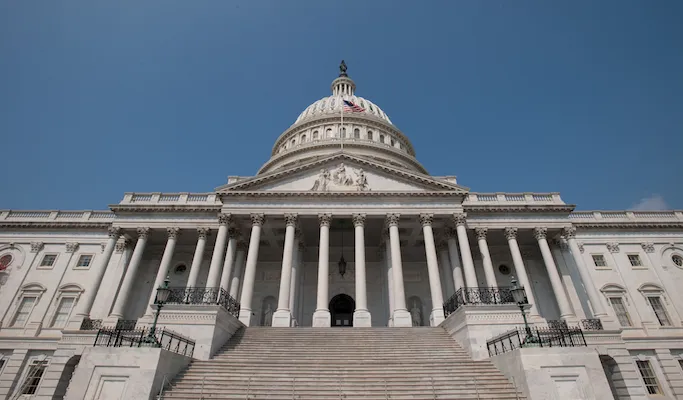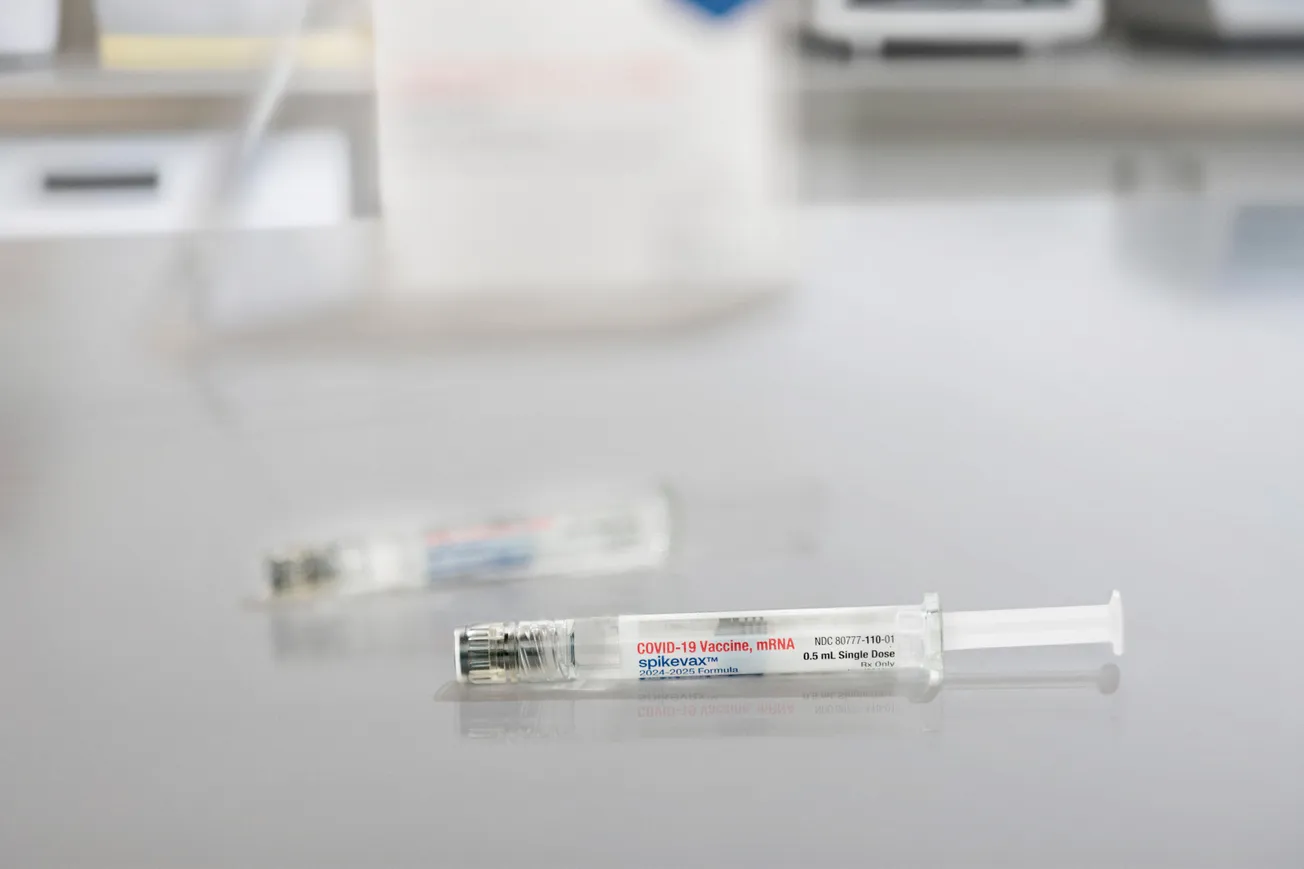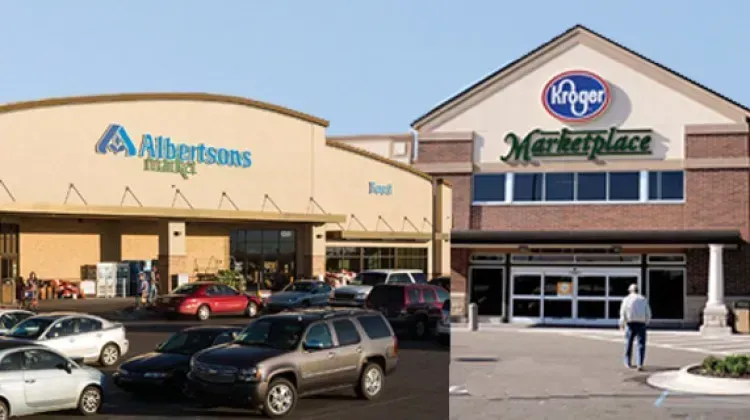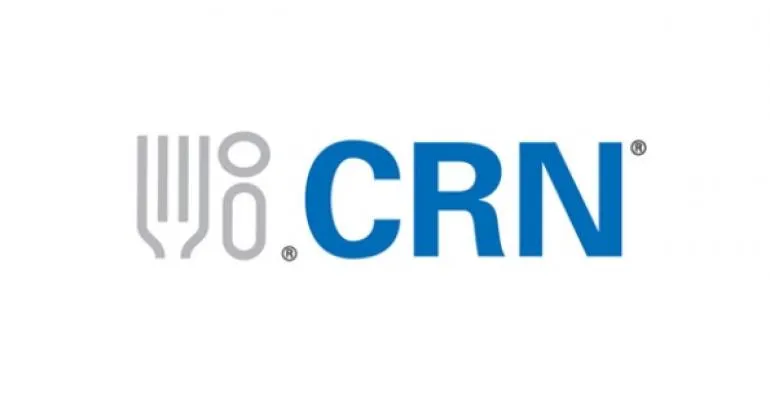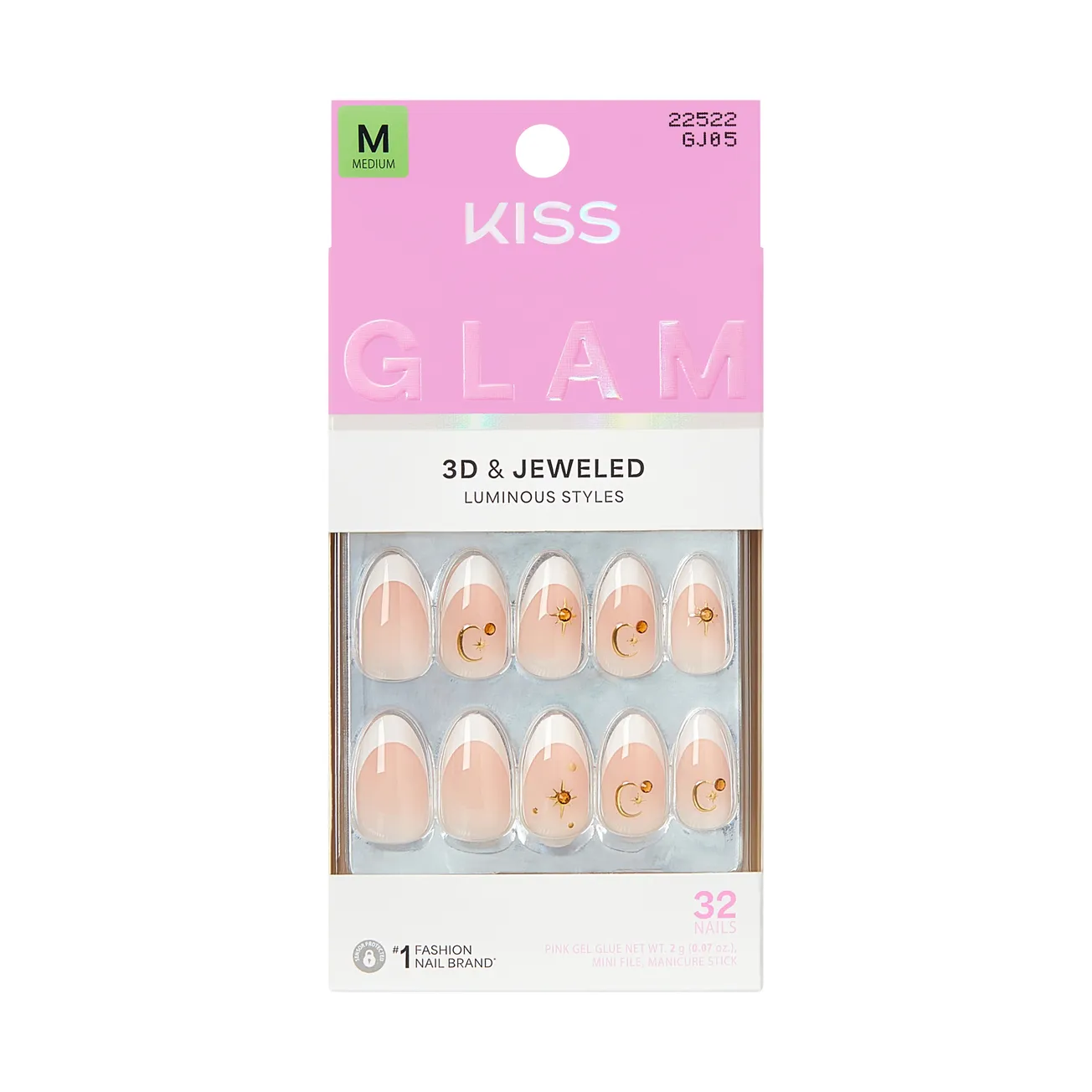WASHINGTON — Congressional support continues to mount for the pharmacy industry’s push for pharmacists to be designated as health care providers.
The American Pharmacists Association (APhA) reported that a majority of the U.S. House of Representatives now support the Pharmacy and Medically Underserved Areas Enhancement Act (H.R. 592), or the so-called provider status bill. Overall, 219 of the 435 House members have signed on as sponsors and co-sponsors of the legislation, introduced earlier this year by Representatives Brett Guthrie (R., Ky.), G.K. Butterfield (D., N.C.), Todd Young (R., Ind.) and Ron Kind (D., Wis.).
Meanwhile, the Senate companion bill (S. 314) — introduced by Sens. Chuck Grassley (R., Iowa), Sherrod Brown (D., Ohio), Robert Casey (D., Pa.) and Mark Kirk (R., Ill.) — has drawn 31 co-sponsors.
Thomas Menighan
“This is a crucial moment in the public debate on how to improve health care access and how to reduce America’s health care costs,” APhA executive vice president and chief executive officer Thomas Menighan said in a statement. “National surveys show Americans believe pharmacists are integral members of their health care team. Now the majority of the U.S. House has stated that they agree.”
The legislation aims to open state-approved pharmacist services to Medicare patients in medically underserved communities. Specifically, Medicare patients would gain enhanced access to pharmacists’ expertise and pharmacy services — including immunizations, diabetes screenings and self-management education, cardiovascular screenings and behavioral therapy — in states whereh pharmacists are allowed to provide these services.
As defined by the U.S. Department of Health and Human Services, medically underserved communities include elderly and rural populations, residents of public housing, areas with a shortage of primary care providers and with high poverty rates, and people with HIV/AIDS, among others.
Menighan noted that the bill would enable pharmacists to provide patient care services reflecting the level of their education, training and license. For example, he explained, today’s pharmacists provide a wide range of services, including chronic disease management, medication management, immunizations, health and wellness testing, and collaborating with hospitals and health systems to promote health and wellness and help to reduce hospital readmissions.
Proponents of the bill also point out that millions of Americans lack sufficient access to primary health care — situation that’s expected to get worse amid rising demand. Over the next 15 years, the number of Medicare enrollees is projected to climb from about 55 million to more than 80 million. Millions of people also are gaining health coverage for the first time under the Affordable Care Act.
“There is need for improving access to health care and for most Americans, pharmacists are already on the frontlines of their health care,” Menighan added. “The primary goal of the bill is to expand access for those seniors in medically underserved communities, and our nation’s 300,000 pharmacists stand ready to help.”

